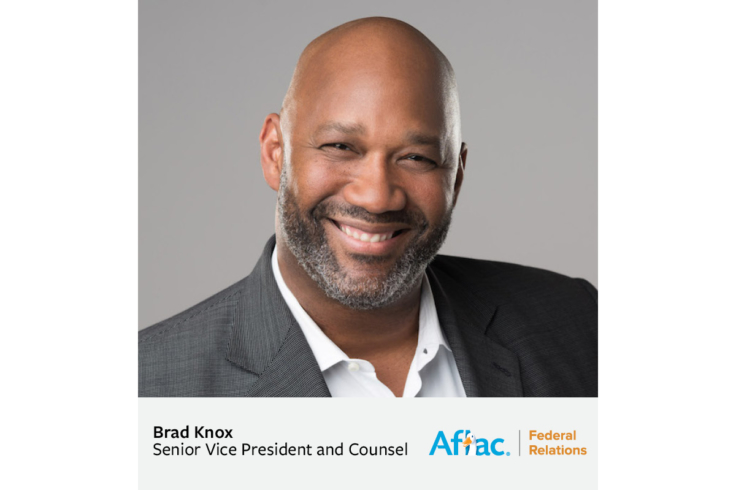Financial Insecurity is a Major Issue for Americans: Healthcare Costs are a Strong Contributing Factor
During 2020, millions of Americans became financially insecure as the pandemic accelerated business closures and layoffs. According to a July 2020 study on the U.S. workforce from Aflac, at least 36% of employees lost a job or income and 13% lost healthcare benefits as employers were forced to eliminate jobs or reduce compensation.
With business closures and layoffs, businesses are struggling to keep afloat, and families are suffering. Finding a way forward for both individuals and businesses will be of great importance in the new year as we continue to recover from the effects of the pandemic.
One area that must be addressed if we are to successfully mitigate financial insecurity is the issue of healthcare costs. Aflac’s 2020 annual Workforces Report found that financial insecurity is a major issue for Americans and healthcare costs are a strong contributing factor.
Since major medical insurance is not designed to cover all expenses, employees are worried about their ability to pay for uncovered medical expenses, as well as other non-medical expenses from a health emergency and the impact these costs will have on their financial well-being both today and in their future. We support Congress’ efforts to address surprise medical billing as key to helping address financial insecurity, but the issues don’t stop there.
This year, more than half the employees surveyed faced significant health emergencies not covered by major medical insurance. As a result, a small but growing number of employees have filed for bankruptcy, missed mortgage and car payments, and are saving less for retirement.
More Americans are also taking on a second job in the gig economy just to pay for medical expenses. 38% of employees surveyed said they are now participating in the gig economy specifically to pay for healthcare benefits and related medical expenses. That’s an increase of 13% over 2019.
Uncovered medical expenses have also led more than a third of employees to delay a major life milestone such as putting off buying a car, buying a home, pursuing higher education, getting married and even starting a family.
This pandemic has wreaked havoc on the financial security of individuals, families and communities and the uncertainty and anxiety caused by healthcare costs is adding to the financial and mental stress.
COVID-19 has not only raised awareness of the financial insecurity facing millions of Americans, but it has created an urgency to act to restore household and community health. State and local governments, the federal government and businesses are taking important steps to mitigate financial harm. We need to ensure that this important work doesn’t end with the pandemic.
Finding ways to decrease financial instability, such as addressing the cost of healthcare and the needs of those most impacted, including women and minorities, will play a critical role.
– Brad Knox, Senior Vice President and Counsel, Aflac Federal Relations



